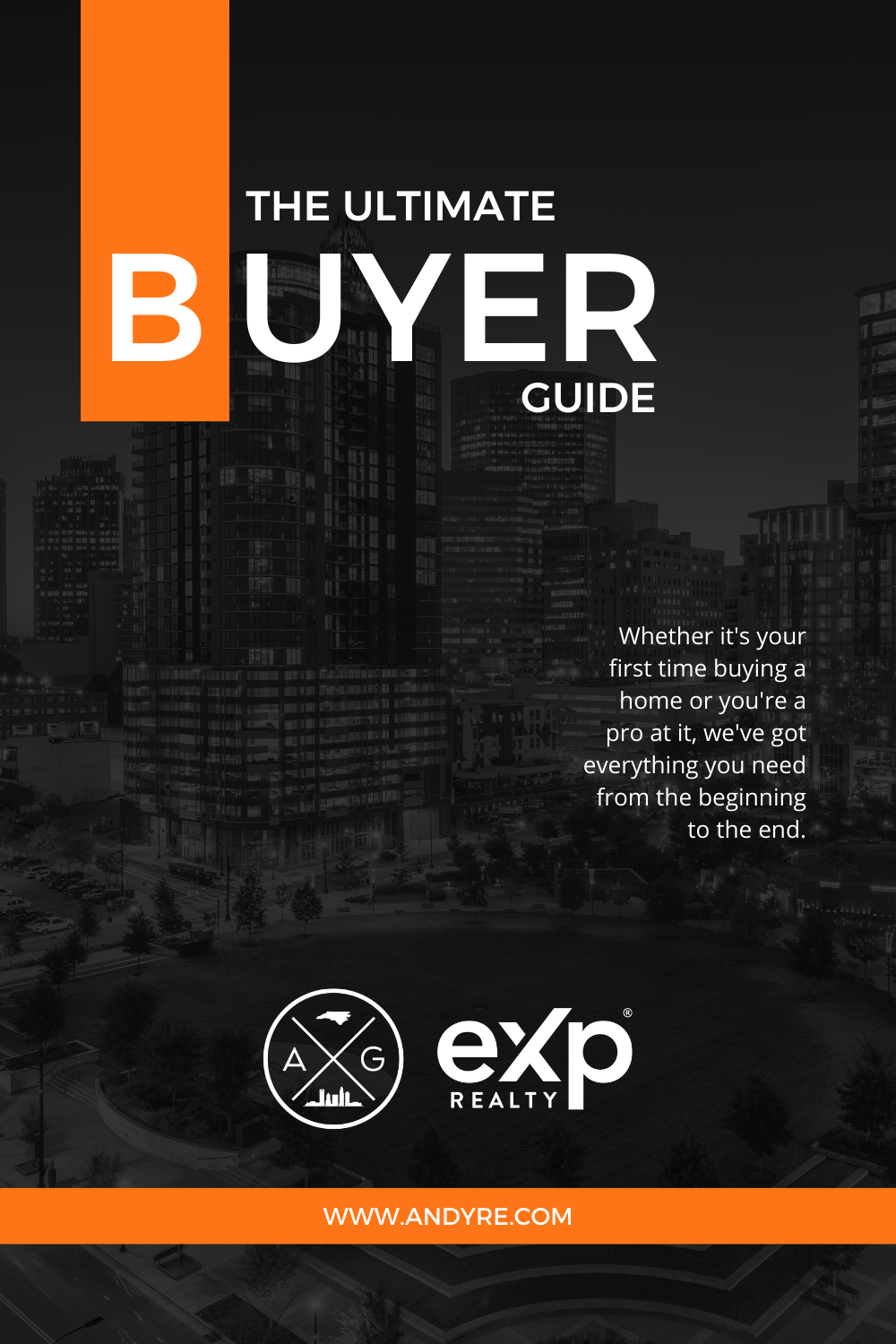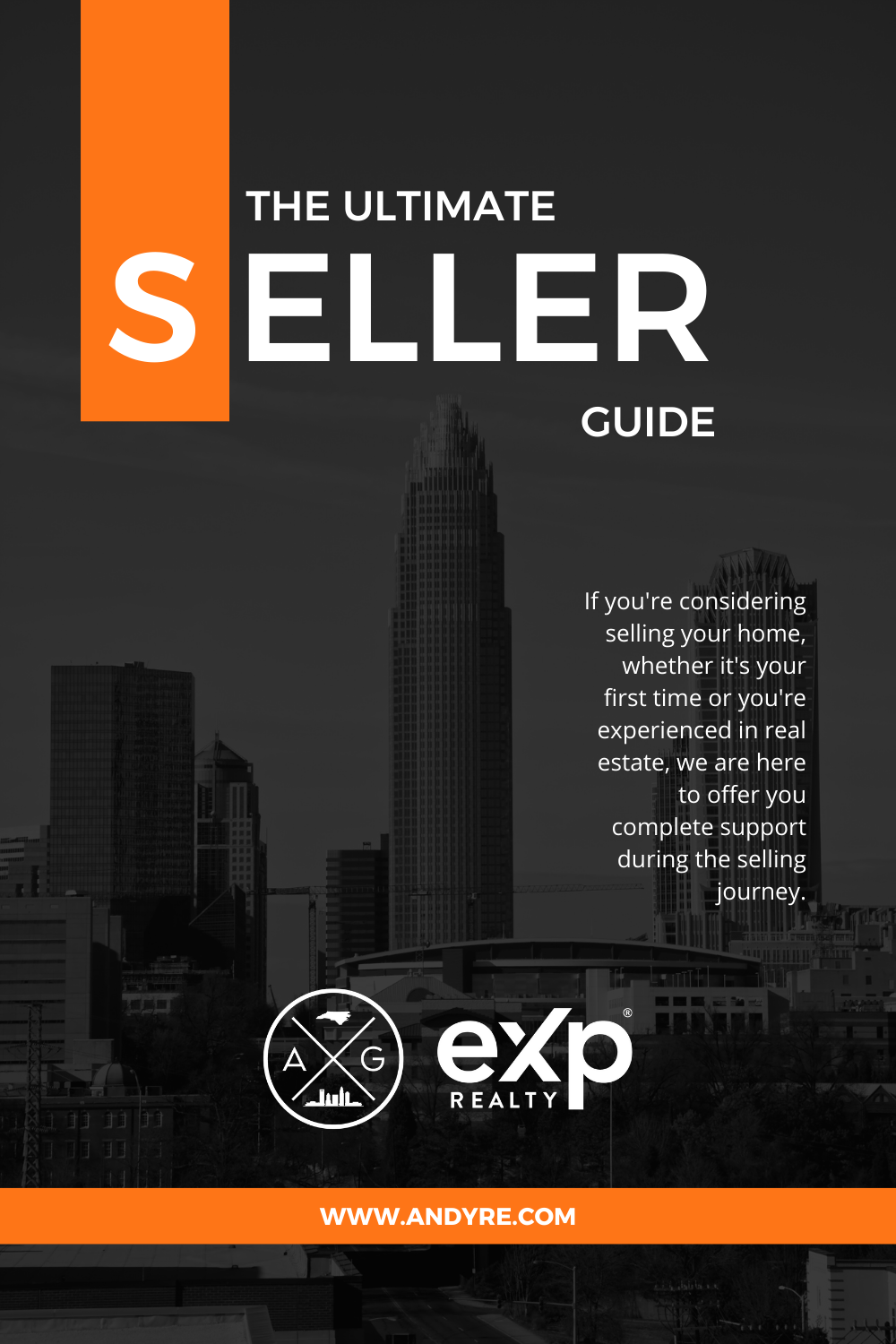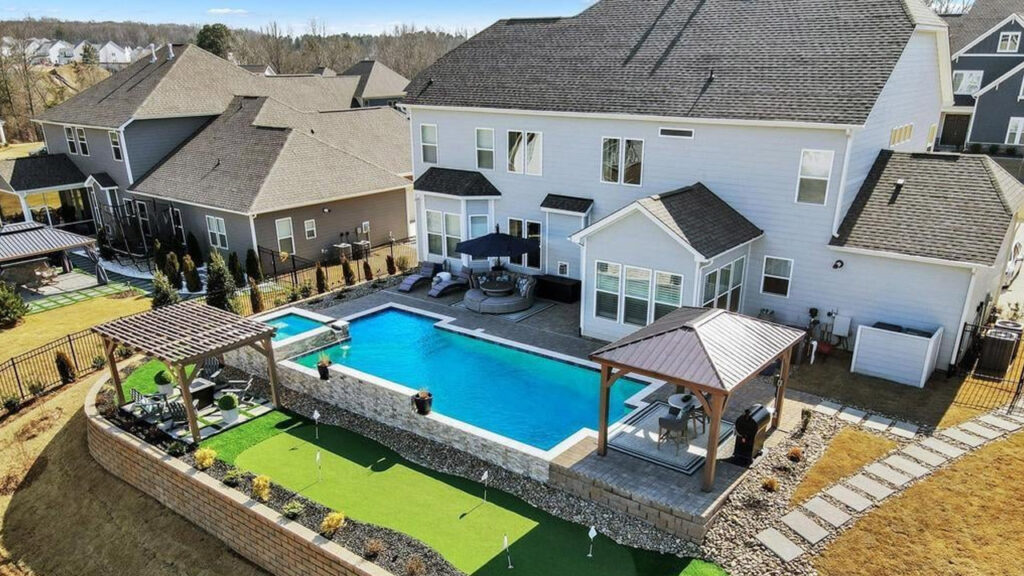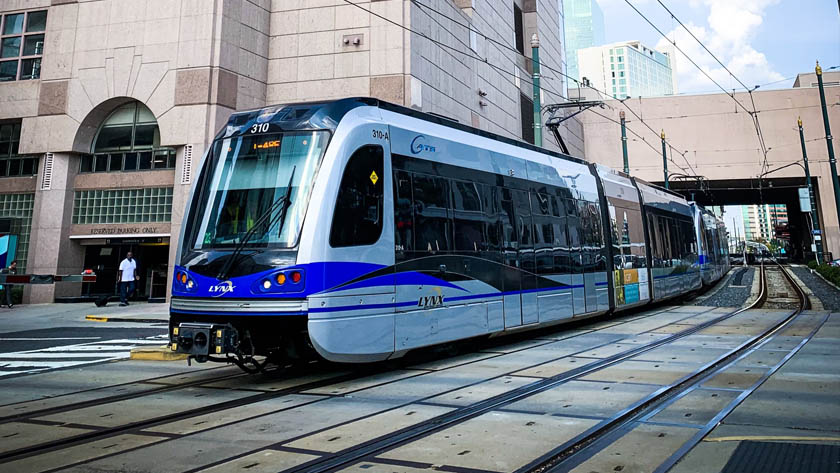Charlotte Home Buyer Guide 2023
Buying a home in Charlotte
has become almost impossible. The market is so tough right now, especially in Charlotte. The best homes are flying off the market, interest rates are higher, and the inventory is as low as we’ve ever seen. So how do to get a leg up in a market like this? Let’s talk about it.
Let’s break this into three different parts:
- What to do to prepare for buying a home
- What to do when you find a house that you want to buy
- What to do once you get that house under contract
#1 What to do to prepare for buying a home
Get Preapproved – Before you buy a home, one of the best things you can do is get pre-approved. Most agents will require that you get pre-approved or are able to show proof of funds before they’ll start taking you on showings.
It’s in your best interest to get pre-approved before home hunting as well so that you know what your financial situation will look like when you find a house. You want to know what your cash to close or down payment will be, as well as what the monthly payments will look like, BEFORE you go and visit a home and fall in love with it. Having that pre-approval also simplifies the process when you do find a house, as it’s one less step to go through.
Pro tip for pre-approvals: work with a lender who can provide estimated payments quickly at any time of the day. This will help you make an educated decision when you go see a home, as you’ll know what it will look like financially to live there.
Determine How Much You’re Willing To Invest – Another important consideration before buying a house is determining your comfortable down payment and how much cash you’re willing to invest for closing. It’s not just down payment, you’ve also got closing cost and escrows that you’ll be paying for.
While 20% down payment is often talked about, it’s not mandatory. Now-a-days it might be a better choice to put less than 20% down so that you can save your funds for other things.
Let’s say you’re buying a $500k house. 10% is $50k. And let’s just hypothetically say that the bank is going to charge you $50/month for that PMI. So for $50/month you can keep $50k in the bank to buy furniture or make other investments.
Find A Good Agent – Before buying a home, it’s crucial to find a good real estate agent. Look for an agent you’ll enjoy working with, who will advocate for you, and communicate well with you and other agents. A good agent will understand your preferences and help curate the homes you see, leading you to find the right home for you.
Start Looking For Houses – This is the fun part. You won’t see a house come up for sale every day, and the ones that come up for sale won’t always be right for you. So when the right home does come up for sale, you need to be ready to go see that home and submit an offer. That’s why it’s so crucial to have a good agent and lender on your side.
Be Patient – On the flip side of moving quickly, you need to be patient. There won’t be houses that look attractive to you every day or every week, so you need to be patient for the right one to come your way. The right agent will never push you into a home. The right agent is here to reassure you of the decisions you were already going to make. A good agent will pick up on your MUST HAVES and NICE TO HAVES to help make sure they find the right home for you.
#2 What to do when you find a home
Review Disclosures – So, you found the house you love. The first thing to do is review the disclosures. In North Carolina, these typically include a property disclosure, mineral oil and gas rights disclosure, lead-based paint disclosure (if applicable), and an Owner’s Association or HOA disclosure for condos or townhomes. Reviewing these disclosures will provide important information about the house.
Consider Offer Terms – Next, consider the terms in the offer. This includes the purchase price, due diligence amount, earnest money deposit, due diligence period, closing date, seller credits, lease back options, appraisal addendum, and waiving the appraisal. These terms are crucial and will be included in the offer you submit to the seller. Common terms include:
- Purchase Price – pretty self explanatory, it’s what you’re going to pay for the home.
- Due Diligence Fee – a non-refundable deposit that you give to the seller as soon as you go under contract. You will get that money credited back to you at the closing, but if you walk away from the transaction for any reason, you forfeit that money. That’s why it’s very heavily weighed in your offer.
- Earnest Money Deposit – This is a check that you’re going to write to the escrow agent, which typically in North Carolina is your closing attorney. Earnest money is due within 5 days of going under contract and is essentially good faith money. You’re eligible to get your earnest money deposit back if you terminate the contract prior to the due diligence period expiring.
- Due Diligence Period – This is the period of time that you’re allotted to do an inspection, have an appraisal done, and negotiate repairs or walk away from the sale. Once this period ends, your earnest money becomes non-refundable as well. Two reasons why you might want to walk away from the sale during the due diligence period include if your appraisal comes back lower than expected or you discover too much work that needs to be done to the property and you’re not able to negotiate the repairs with the seller.
- Closing Date – The day that you’re going to close on the home. On this date, the seller and buyer both sign their closing documents and the buyer brings the rest of their down payment and closing costs to the table. Once this happens, the sale is recorded at the county and you officially own the home.
#3 What to do after getting the home under contract
Write Checks – First you’ll write the due diligence check to the seller and the earnest money check to the closing attorney.
Schedule Inspection & Appraisal – Next you’ll schedule your inspections and appraisal. This needs to happen during the due diligence period so that all negotiations for repairs can be finished prior to the end of due diligence.
Negotiate Repairs – It’s important to leave yourself enough time between the inspections and appraisals coming in and the end of due diligence so that you’ve got proper time to negotiate repairs or closing credits.
Come to Terms – Once the buyer and seller come to terms with repairs and credits, you’re ready to move to closing.
At this point, you’re waiting for closing. Once it gets closer, an attorney sends out a Closing Disclosure which tells you what you’ll owe at closing.
Finally when you get to the closing table, bring your drivers license and be prepared to walk away a homeowner!
Ready to buy a home in Charlotte NC?
Contact Andy Griesinger – Charlotte’s top Realtor today! Or setup free home alerts with Andy.
The post Charlotte Home Buyer Guide 2023 appeared first on Andy Griesinger.
